
It is difficult to avoid "technical errors"
My friend - a Literature teacher at a high school, said: Nowadays, newspapers, especially online newspapers, use the wrong words, make syntax mistakes, have spelling mistakes... quite a lot.
Is it because of chasing after current news, as well as errors in electronic newspapers that can be corrected quickly, that the editorial office does not pay too much attention and is not serious about checking and correcting errors before publishing?
If anything, it is worrying that so many people use the press as a “compass” in establishing their own standards of language practice.
A journalistic work reaches the reader through a rigorous publishing process with many steps. Each editorial office has its own technical standards (regulations) for manuscripts.
It specifies how to capitalize and abbreviate words; how to write Vietnamese words, counting numbers, ordinal numbers, compound words... But then, due to many different factors, sometimes it is still difficult to avoid "technical errors" in the newspaper.
Once, a middle school student expressed his opinion on a journalist forum, saying that the press had too many mistakes, from small ones like missing words, missing accents, to mistakes like confusing "l" and "n" and using the wrong words.
“Online newspapers are now accessible to many people, if Vietnamese is used incorrectly, it will have a huge impact, including on children my age. I don’t mean anything negative, I just hope that journalists will try to control and minimize spelling mistakes!” - this student wrote.
Efforts to "pick out mistakes"
Many linguists, writers, teachers, journalists... who are dedicated to preserving the purity of the Vietnamese language have been very concerned about the problem of misspelling and misuse of words in the media.
They also make great efforts to "pick out mistakes", "spot errors", give comments and point out common errors in spelling and vocabulary in newspapers, on radio and television programs, and even in textbooks.
There are words that are used “wrongly until they become correct”, such as the words “giong (to)/dông”, “doát (medal)/đát”… The word “dông” should be written in “mua dong”, “cong dong”, “dông gió”, “dông to”; but many newspapers write it as “giong”.
The words “doat” and “dat” have different meanings but are used almost identically. According to the dictionary of the Institute of Linguistics, edited by Hoang Phe, published by Da Nang Publishing House and the Center for Lexicography in 2005, “dat” means to reach the destination (for example: Pass the exam with excellent results); and “doat” means to take it all for oneself, through fighting with others; for example: Win the championship.
Not only in the press, the words “won” and “achieved” are misused quite a lot in certificates of merit, medals, etc. of administrative agencies.
The error of using duplicated words is also quite common in the press today. In VTV’s knowledge program for high school students, many times the host said: “Congratulations on completing your test” after each test. If you say “completed”, there is no need to add the word “done” because, “completed” means to do it completely.
Or when reporting on a certain incident, newspapers often end with the sentence: "The incident is currently being verified and clarified". If the word "currently" is used, there is no need to use the word "currently" and vice versa; if the word "verify" is used, there is no need to use the word "clarify", because: "verify" means "make clear the truth through reality and specific evidence"; for example: "verify the statement"; "the incident has not been verified" (ibid).
In addition, many newspapers misuse many words and phrases, especially Sino-Vietnamese words such as: "tran troi", "co xuy", "vo hinh chung", "van canh" (temple), "tham quan", "sang lang" (correctly written: "tran troi", "co xuy", "vo hinh trung", "van canh", "tham quan", "sang lang").
Or the phrase “friends of the same age”, which means “friends of different ages but close to each other like friends of the same age”, but some journalists understand “friends of the same age” as friends of the same age” so they write: “musician Pham Tuyen and musician Hoang Van are friends of the same age, both born in 1930”.
Preserving the purity of Vietnamese
Language is always changing, arising and developing, but that does not mean that those who work with words should be too "creative" and distort Vietnamese.
Writer Uong Trieu once wrote: “The purity of Vietnamese is its flexibility and adaptability, not too rigid but not too indulgent. A suitable and controlled dose, even with social habits and official documents, is a necessity.”
Journalists - are likened to "laborers" who always have to plow the fields of words. Therefore, the matter of continuous learning and improvement is raised to contribute to preserving the purity of the Vietnamese language, while protecting and developing the Vietnamese language.
Journalism in the 4.0 era must meet the requirements of providing objective, honest, fast, and timely information, but that does not mean that journalists are hasty or careless in their use of words.
Source: https://baoquangnam.vn/chuyen-chinh-ta-tren-bao-chi-3136766.html










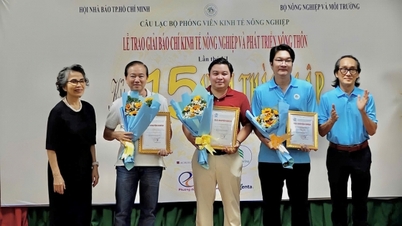

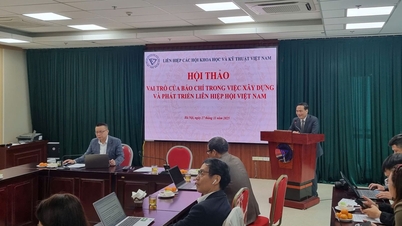



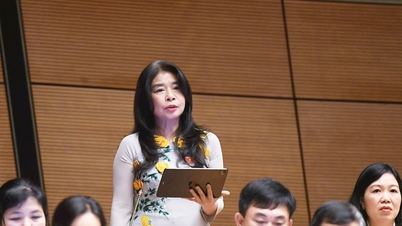

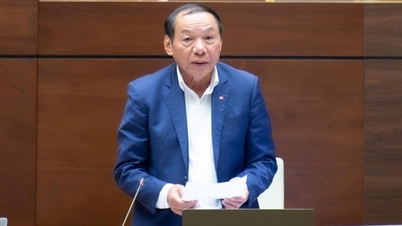














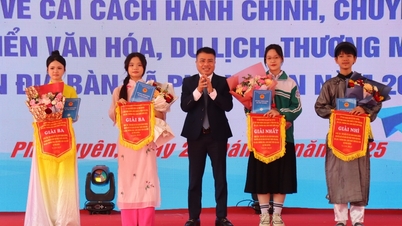

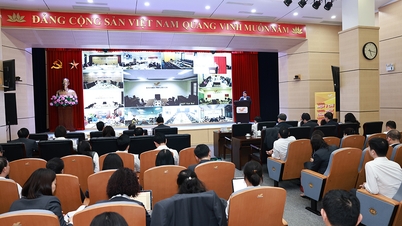

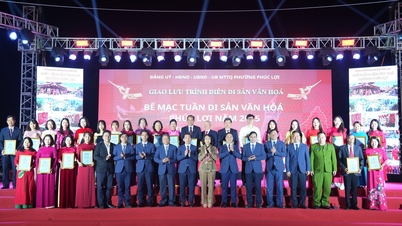

















































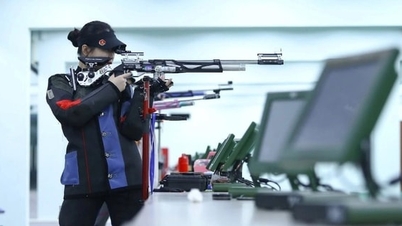

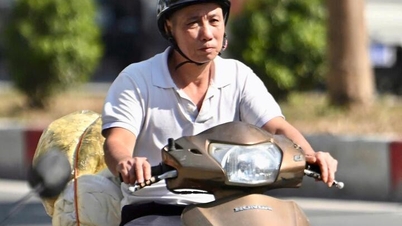

















Comment (0)